While the process of having a bill written into law is complex, getting involved in the 2024 legislative process can be as easy as making a phone call to local officials or testifying at a public hearing.
Angie Waszkiewicz, the director for internships with the Connecticut General Assembly, demystified the process for CCSU students during a presentation on Wednesday, Feb. 14.
“This is where the legislators are really wanting to hear your opinion,” Waszkiewicz said. “How is this affecting you, people you know, people you work for, your friends, your family, your clients. They want to know why you think this is a good idea or why you don’t, and they want to know in detail.”
Rep. Christine Palm, a Democrat from Cheshire and vice chair of the Environment Committee, said that the numbers matter when it comes to public hearings, where lobbyists often outnumber private residents.
“We have got to get young people to show up at the Capitol because we really need to hear from you,” Palm said. “Otherwise, you get a bunch of 65-year-olds making decisions that affect your future.”
Palm speaks at high schools and colleges around the state to teach young people how to get involved in local government. She said most people speaking at public hearings are lobbyists, people who are well-educated and paid to be there by groups with a vested interest in the outcome of the hearing.
Through the Connecticut General Assembly website, CGA.CT.gov, anyone can see what bills are being proposed in Connecticut at any given time. A person can search keywords to find bills on their topic of interest and track their progress by creating a free CGA account. Updates include public hearing dates, plain language reports and any amendments made to the bill.
“Daily tracking is important so you know about upcoming public hearings and potential opportunities to speak on bills you’re following,” Waszkiewicz said.
CGA has an interactive calendar on its website showing when and where public hearings for each committee will be and includes links to the YouTube live feed for those meetings. They also post a daily bulletin that shows what committee will be hearing each bill.
In the post-COVID era, all public hearings are held in person and on Zoom, making it easier for anyone to testify. The CGA website has concise directions on how to submit and participate in public hearings in person, on Zoom, or in writing.
“That’s where the public has a chance to make their voice heard. And not nearly enough people do that,” Palm said. “They don’t realize how accessible state government is.”
On average, approximately 19% of people contact their local representatives each year, while 25% attend public meetings, according to the National Research Center.
Ben Elliot, a CCSU student and intern in the office of the secretary of the state, said calling your representatives is one of the easiest ways to let the legislature know what matters to you.
“You can call them. They have constituent caseworkers, and they can actually help you with issues,” Elliot said. “And on top of that, you can also express your opinion, which is really important. A lot of people think that if they’re on the other side of the aisle they won’t listen, but at the end of the day, that opinion gets considered by other people.”
Each call is logged and categorized for later review. Legislators will look at the logs and consider them when writing new policies, Elliot said. Political activist groups give their members a script to use when calling their representatives to ensure a cohesive message is being conveyed, which Elliot said can be an effective way to push for local changes.
Voting in local elections is also a simple but effective way to get involved. Municipal elections draw approximately 30%-33% of eligible voters in a given election year, while presidential elections bring 75%-80% of voters to the polls, according to the Connecticut Secretary of the State website.
Elliot said that while there is more homework involved in deciding on who to vote for locally, there is a lot of potential to make a difference in municipal elections. Even local candidates often have their own websites and social media pages where they share their platform.
“I think that’s the hardest part; people don’t know enough before they go,” Elliot said. “And sometimes that might deter them from actually going to vote.”



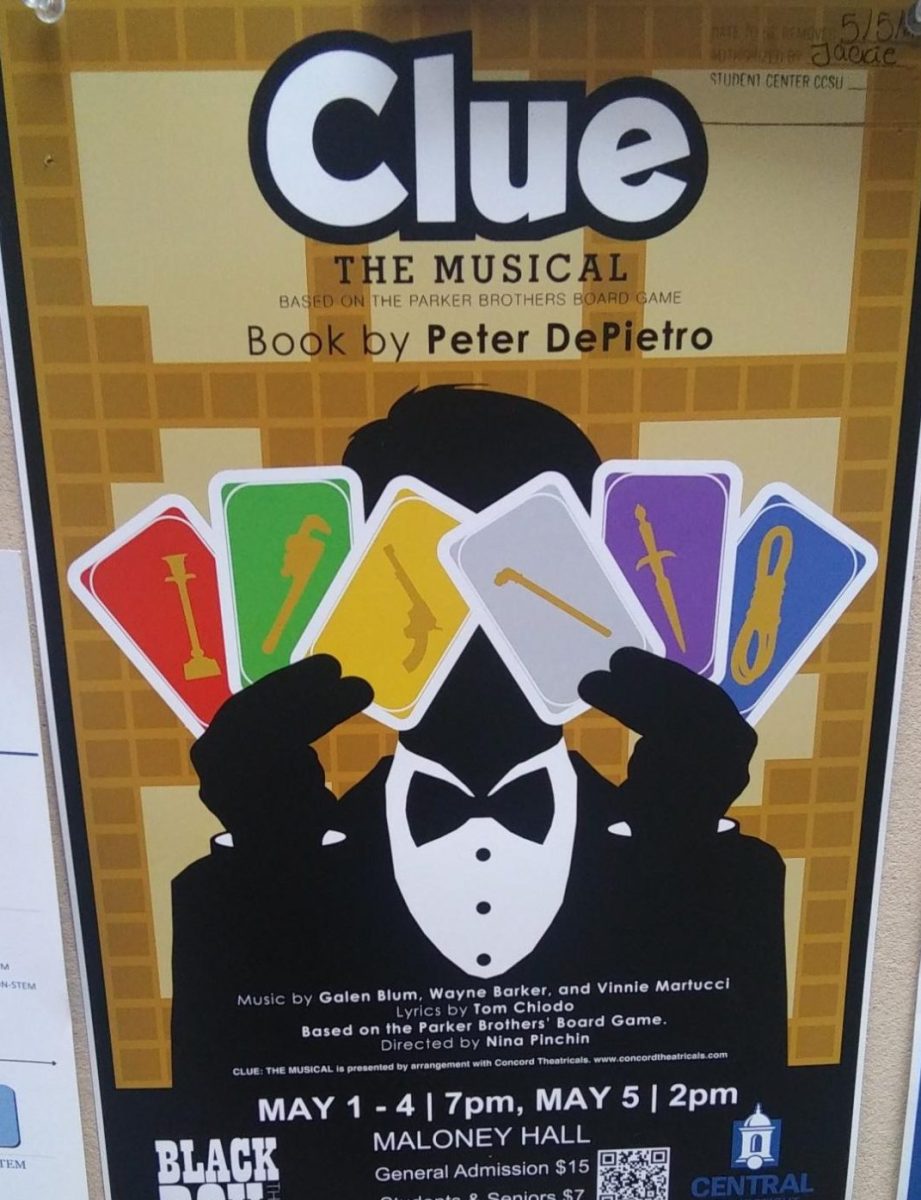
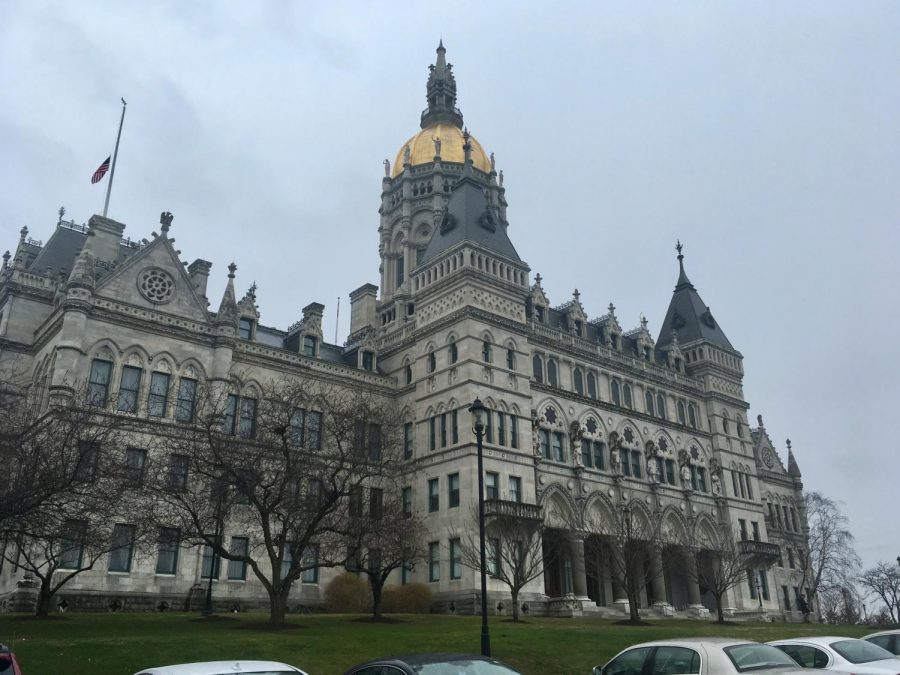
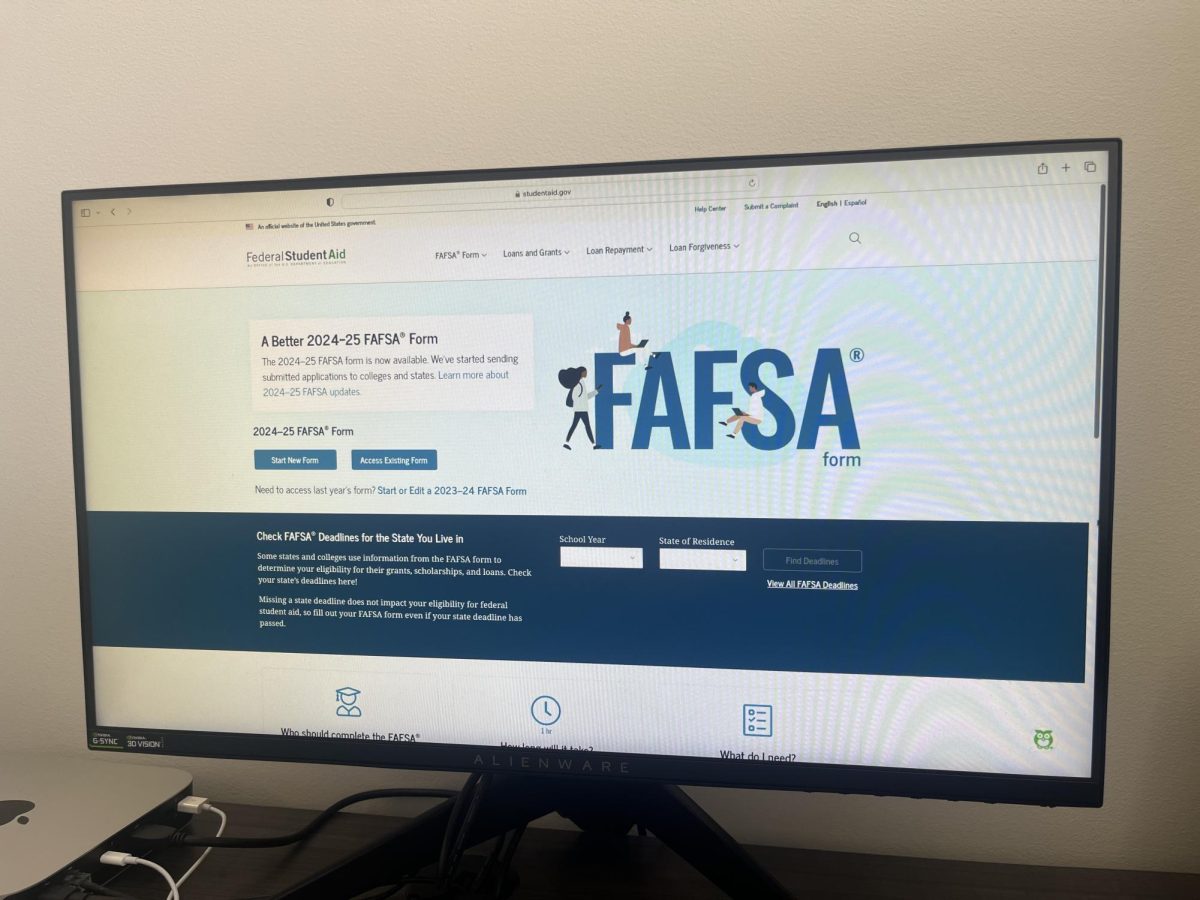

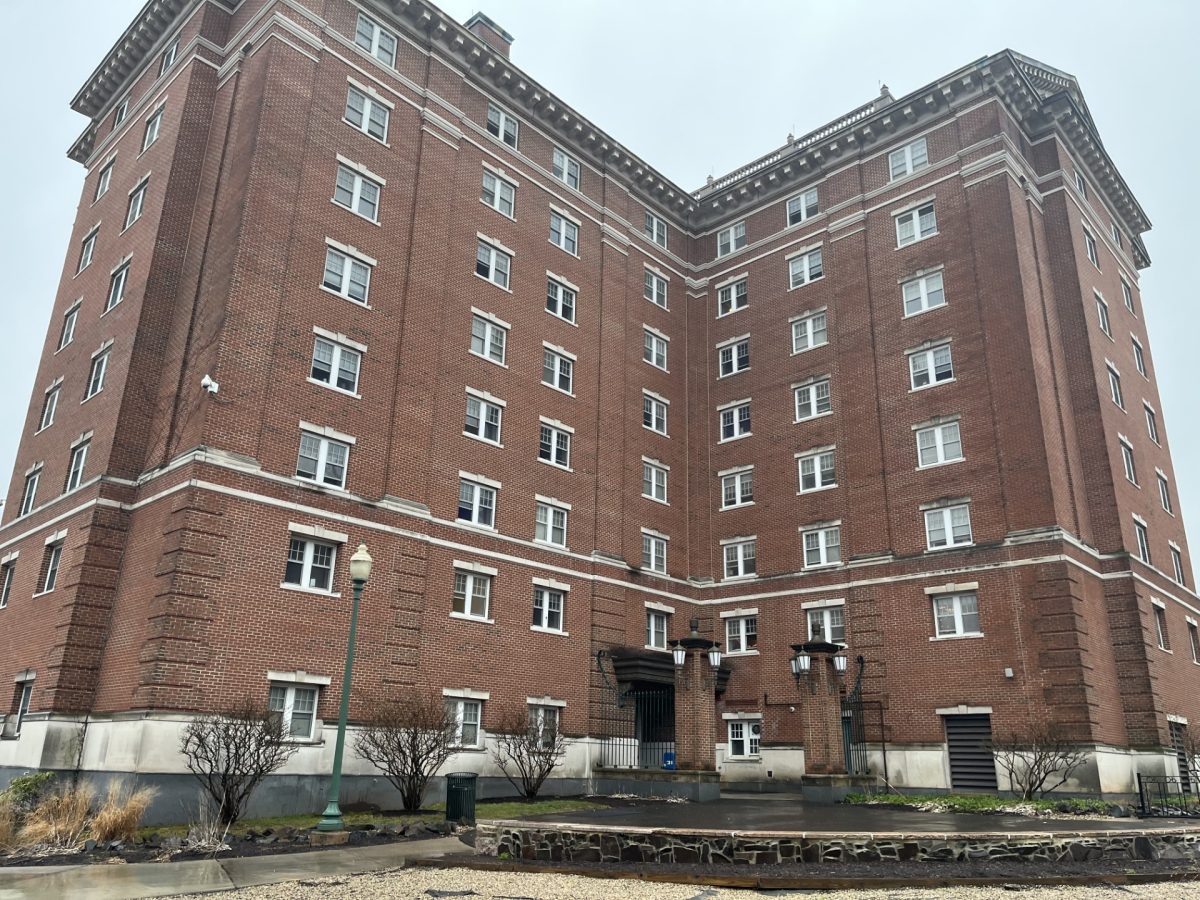

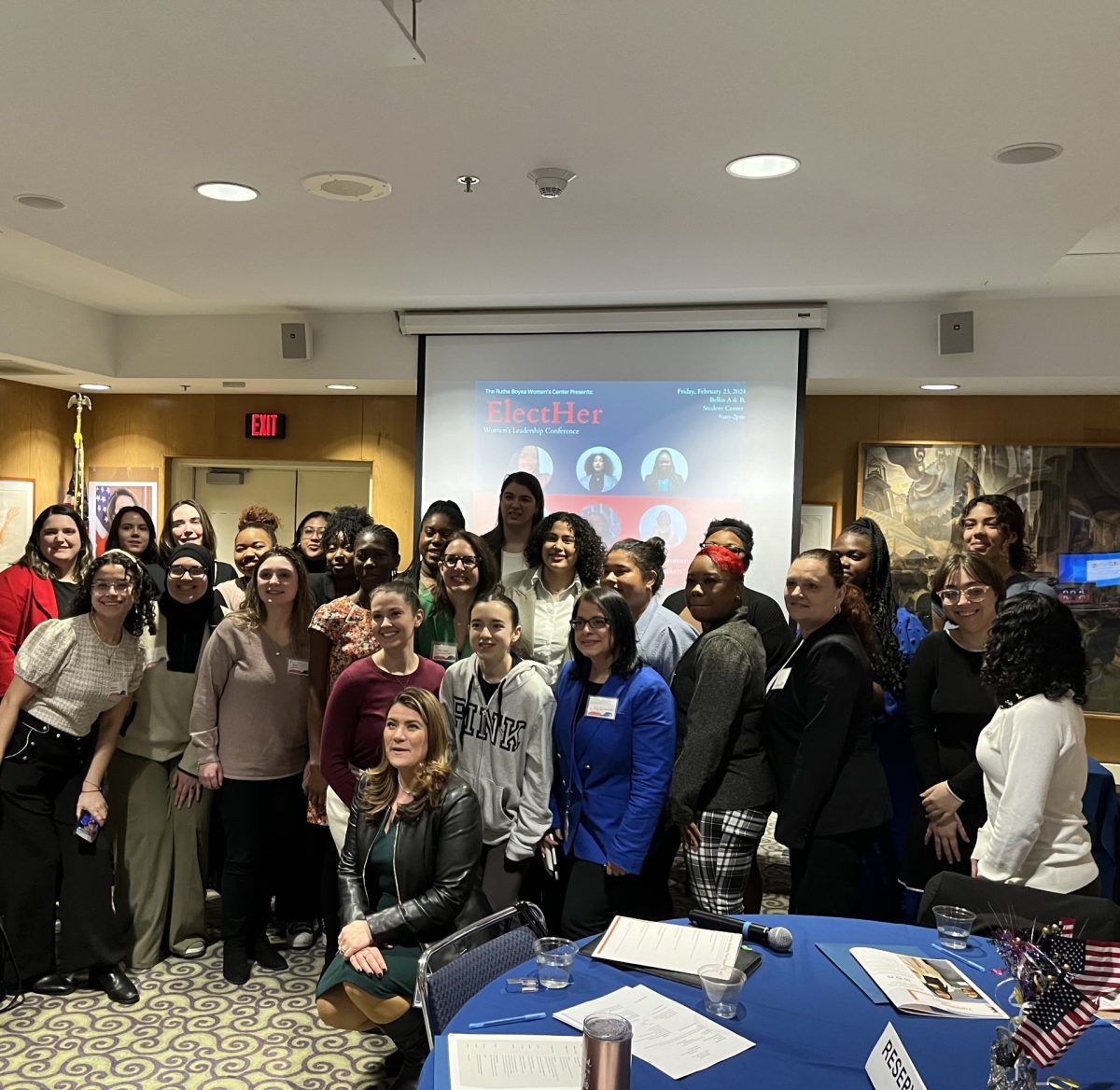
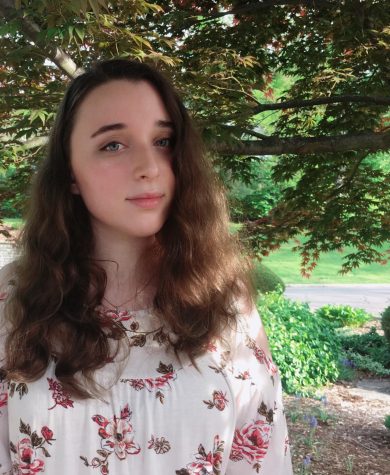
Laura • Feb 22, 2024 at 9:00 pm
Sounds like great advice!